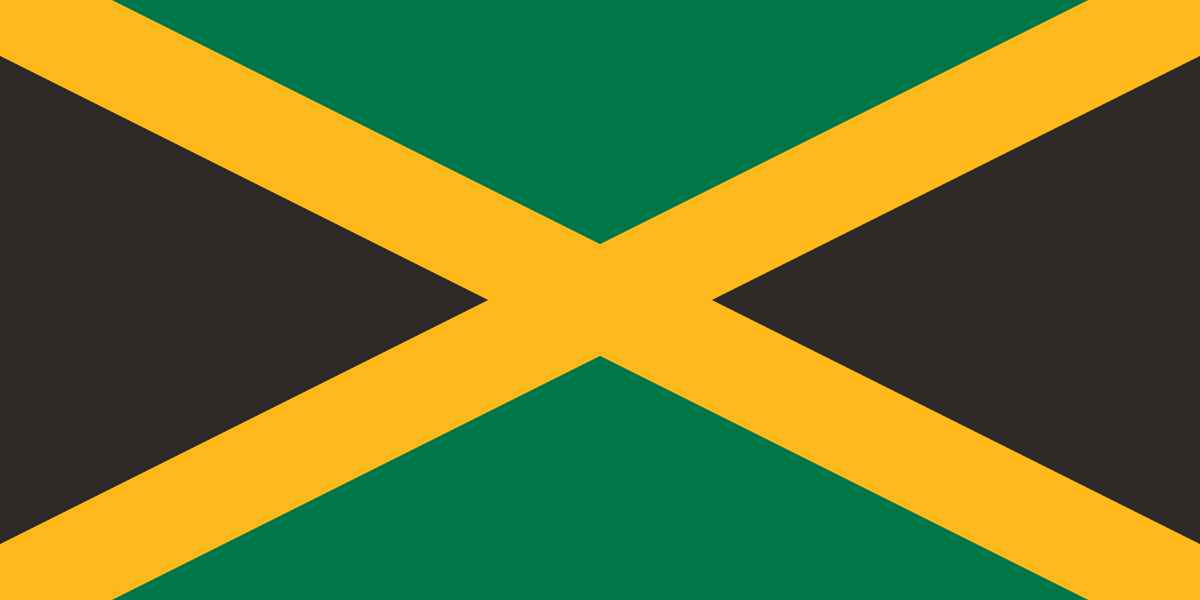Gallup Report Ranks Jamaica Tops on Global List for Helping Strangers

Jamaicans are the most likely people in the world to help a stranger, according to findings published in the 2025 World Happiness/Gallup data cited by local and regional outlets.
The island nation leads a small group of countries where spontaneous acts of assistance from giving directions and lending a hand to coming to the aid of someone in need are reported most frequently by respondents to the Gallup World Poll.
The result widely shared by Jamaican and diaspora media places Jamaica ahead of Liberia and Sierra Leone on the specific measure of “helping a stranger,” even as those same countries show differing patterns on other generosity measures such as formal charitable donations.
Analysts say this pattern highlights the difference between everyday neighbourliness and organised philanthropy: people may be quick to assist in the moment but less able or inclined to give money through formal channels.
How the ranking is compiled
Gallup’s World Poll asks respondents in more than 140 countries a set of short questions about prosocial behaviours, including whether they helped a stranger in the previous month. The World Giving Index and related reports published by organisations that use Gallup data (such as the Charities Aid Foundation) have historically separated generosity into components helping strangers, volunteering time and donating money to give a fuller picture of civic behaviour.
That methodology helps explain how countries can top one measure while lagging in others.
Local reaction and context
Coverage in Jamaica notes the ranking with pride, describing it as evidence of the island’s resilient community spirit a trait often celebrated in cultural narratives and invoked during times of disaster or communal need.
Social-media posts and local columnists have pointed to the way neighbours, church groups and youth volunteers step in after storms, road accidents, or when someone is struggling, arguing that such everyday helpfulness is a national strength.
At the same time, experts and commentators caution against reading the result as a full portrait of national wellbeing. Jamaica’s position in measures of overall life satisfaction and organised philanthropy differs from the “helping stranger” metric; for example, recent reporting notes Jamaica ranked in the middle of the global happiness table even as it scored top on this specific altruism indicator.
Observers say policy-makers and civil-society leaders can use the finding as a prompt to channel communal goodwill into longer-term civic programmes for example boosting volunteer infrastructure, supporting community-led relief networks and encouraging formal giving where it can have strategic impact.
What it means going forward
Public-health and disaster-response planners often rely on community willingness to assist as part of resilience strategies.
The Gallup finding could strengthen calls from NGOs for government partnerships that recognise and resource grassroots responders, and for campaigns that convert spontaneous acts of help into sustained civic engagement.
For many Jamaicans the headline is already a source of pride — an international signal that, despite economic and social challenges, the island’s people remain ready to look out for one another.









